Is your child still not sleeping through the night? Is every evening a nightmare and you don't know what to do? Why not take advantage of this period of confinement when parents are more present to try and set up sleep coaching by following the invaluable advice of Valeria de Grandis, sleep specialist for children aged 0 to 5.
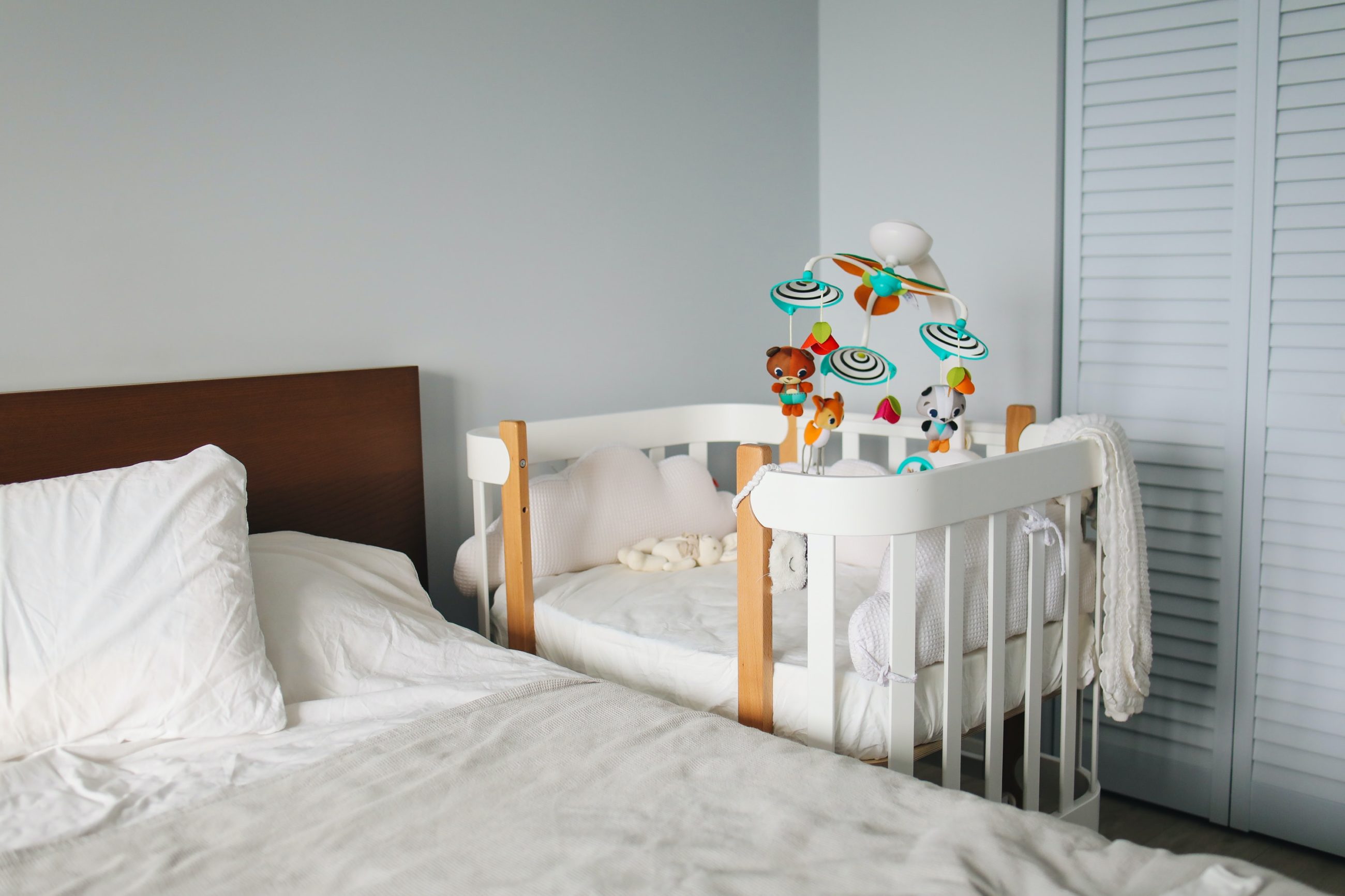
When our child doesn't sleep, it's hard! We feel vulnerable, tired, stressed and uncomfortable. For most of us, dealing with difficult nights is a real challenge. We read blogs and books and talk to other moms and dads, looking for solutions or simply to see if other families are experiencing the same problems. It's only natural.
During the first 3 years of life, 20-30% of children suffer from sleep disorders, a percentage that drops to 15% after the age of 3. Rarely are the causes organic. For most children, insomnia (over 80%) depends on psychophysiological factors, mainly linked to the organization of the day, the variety of stimuli present and the habits given by parents (98%). There are also organic problems, the most frequent being reflux, ear disorders, asthma and dermatitis1.
Fortunately, we have a choice, and we can either go for sleep coaching, or endure the difficult nights, wait and hope... If we decide to go for sleep coaching, it's essential to be determined, and to remain gentle but firm in setting the right habits and limits. We often don't understand that our role as parents is essential; in fact, we do more than 50% of the work.
It's not easy to set the right limits and respect them: we spend all day at work, we don't see our children much and we look forward to coming home to play/entertain with them. For our children, it's the same thing. They look forward to hugging mom and dad at the end of the day.
In this love story, there's one central point to bear in mind: they need to sleep and fall asleep early enough in the evening at a regular time.
What I hear from most of the parents I coach as a sleep coach is, "I come home and want to play with him, but he's cranky, fussy and doesn't really participate in anything I suggest." Or "I couldn't get her to bed before 10 p.m.! She was so playful, pleasant, happy, had lots of energy... but she woke up a lot during the night".
When a baby is overtired, it has trouble getting used to a regular sleep rhythm. As a result, they have trouble falling asleep and/or staying asleep throughout the night. What's more, as they get older, there's a good chance that the problem won't go away.
Having said that, what should we do?
There's one very important and crucial word that we must always bear in mind: consistency. Consistency that depends 100% on the parents. Consistency, routine, window of wakefulness and early bedtime best sum up what's in it for your child - setting up very good sleep hygiene habits.
If we all know what coherence means, perhaps not everyone knows what a window of wakefulness is? In simple terms, the window of wakefulness is the time your child spends between one sleep period and the next. Between these two moments, he will have played, eaten, cuddled, climbed, smiled and walked.
The duration of a window of wakefulness depends on the child's age, the length of his or her night or nap, and his or her ability to fall asleep (for example, a 15-month-old toddler may stay awake for 3 to 4 hours before needing a nap or going to bed for the night).
At the end of each window of wakefulness, a (small) "window of sleep" opens up: this is when you should put your child to bed, following a specific routine that will be repeated every time he falls asleep, day and night. The routine should be short and consistent for the child, and manageable (for you and for him). It will create a habit of what's going to happen, reassure him and help him enjoy a restful night's sleep!
An uninterrupted night's sleep and restful naps during the day improve a child's mood and contribute to harmonious development.
While you're putting all this in place (and, if necessary, some real sleep coaching), he may cry... and a lot! There can be many reasons for crying, from distress to protest.
Now, let's put a child's crying in the precise context of our methods for teaching them to fall asleep and for establishing good sleep hygiene. In research conducted by Alice Callahan (PhD) on crying and distress during sleep training, the results showed that sleep training is, indeed, stressful, but the amount of stress and cortisol alterations are directly correlated to the environment and the help parents offer during the process.
In other words, if we stay by our children's side, guiding them gently towards a sleep that leads to autonomy, then the effects will be positive and without harmful repercussions.
When our child sleeps through the night, the whole family will enjoy restful nights. The climate will be serene and pleasant, Mom will be able to reduce her risk of developing post-partum mood disorders (such as post-partum depression), and our child will develop better and more happily. By implementing sleep coaching, we put the child at the center of our attention and give him what he needs most!
1PaolaProserpio, neurologist at the Niguarda Hospital Sleep Medicine Center in Milan. Sleep disorders in children: 80% have behavioral causes (by Laura Cuppini (lcuppini@rcs.it))


Valeria De Grandis
Sleep coach - Baby massage instructor & Doula
www.risinglittlestars.com
In addition to sleep coaching, discover how to design your baby's bedroom to promote sleep with Mélusine Silva, our Space Harmonization Coach & Interior Designer.
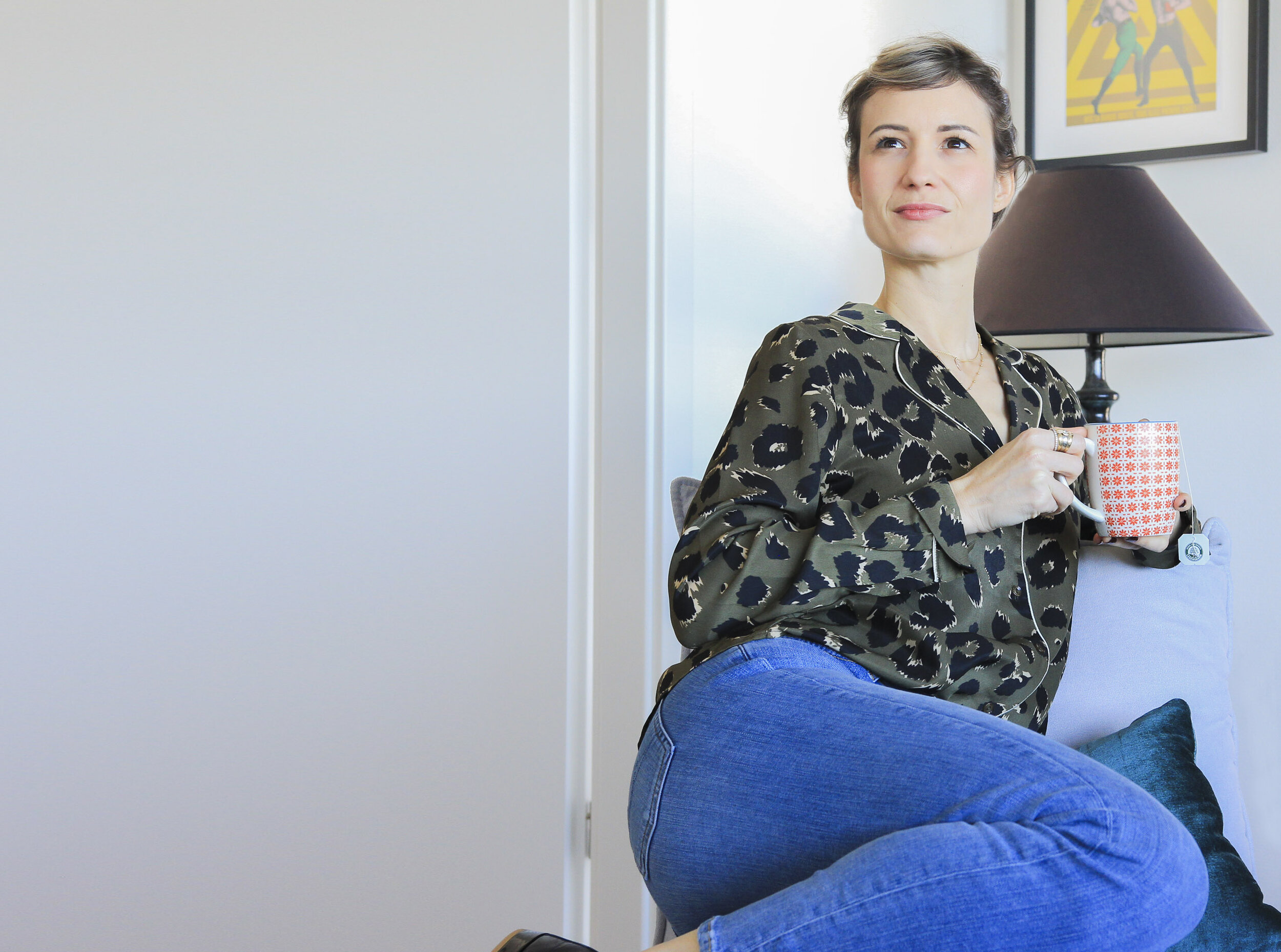
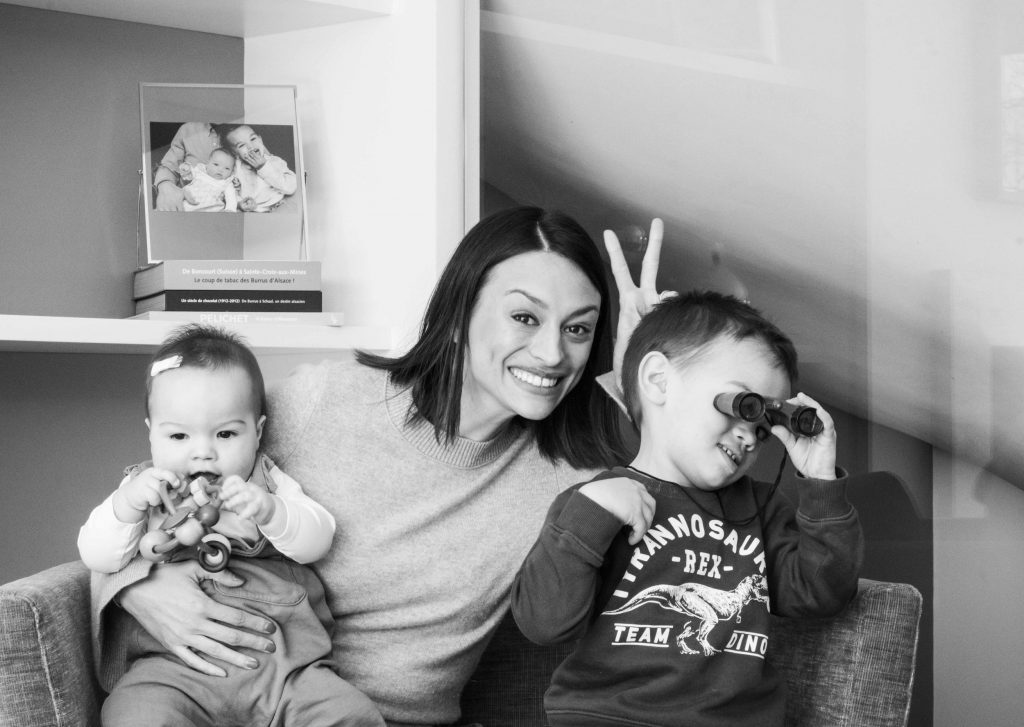


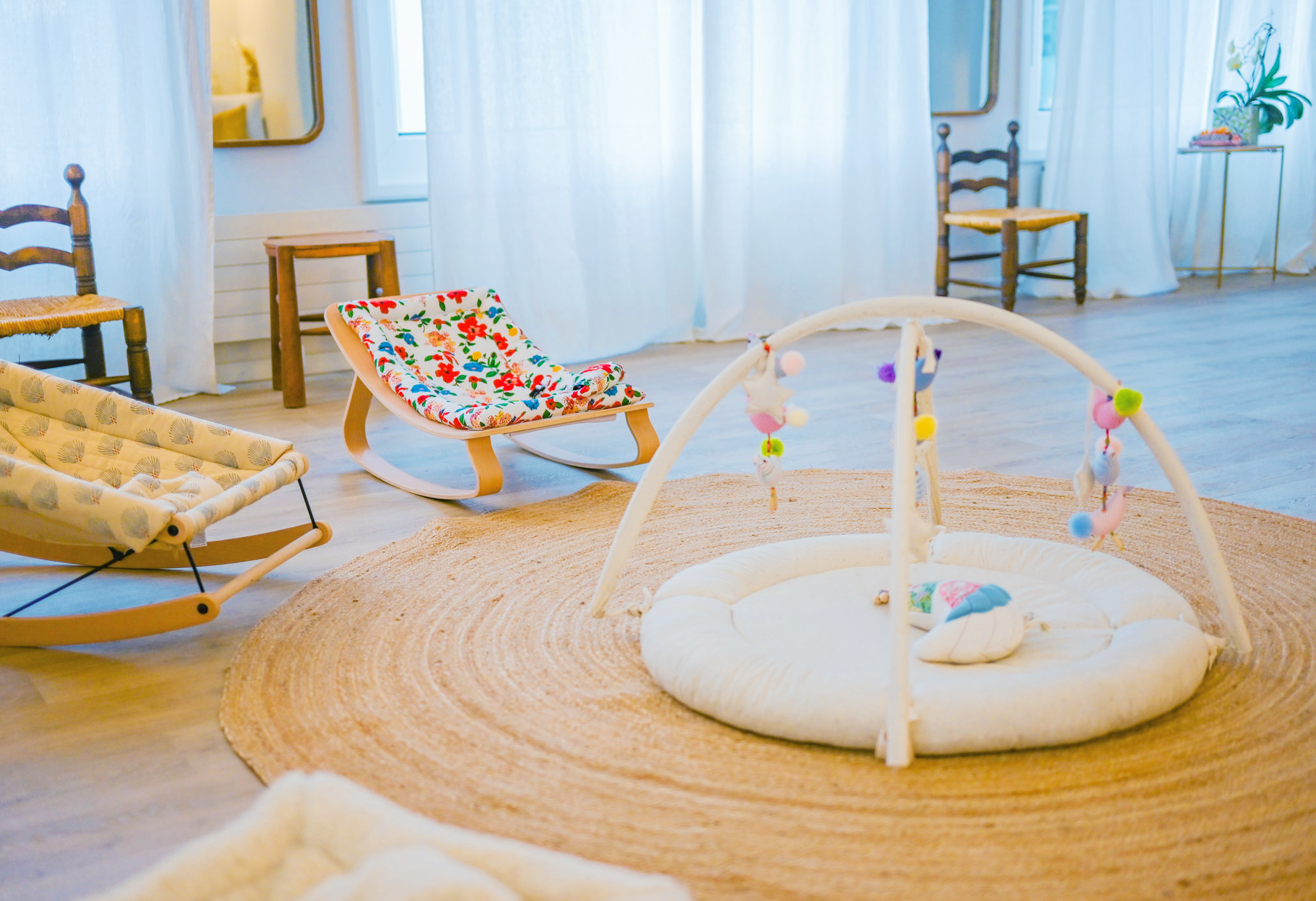

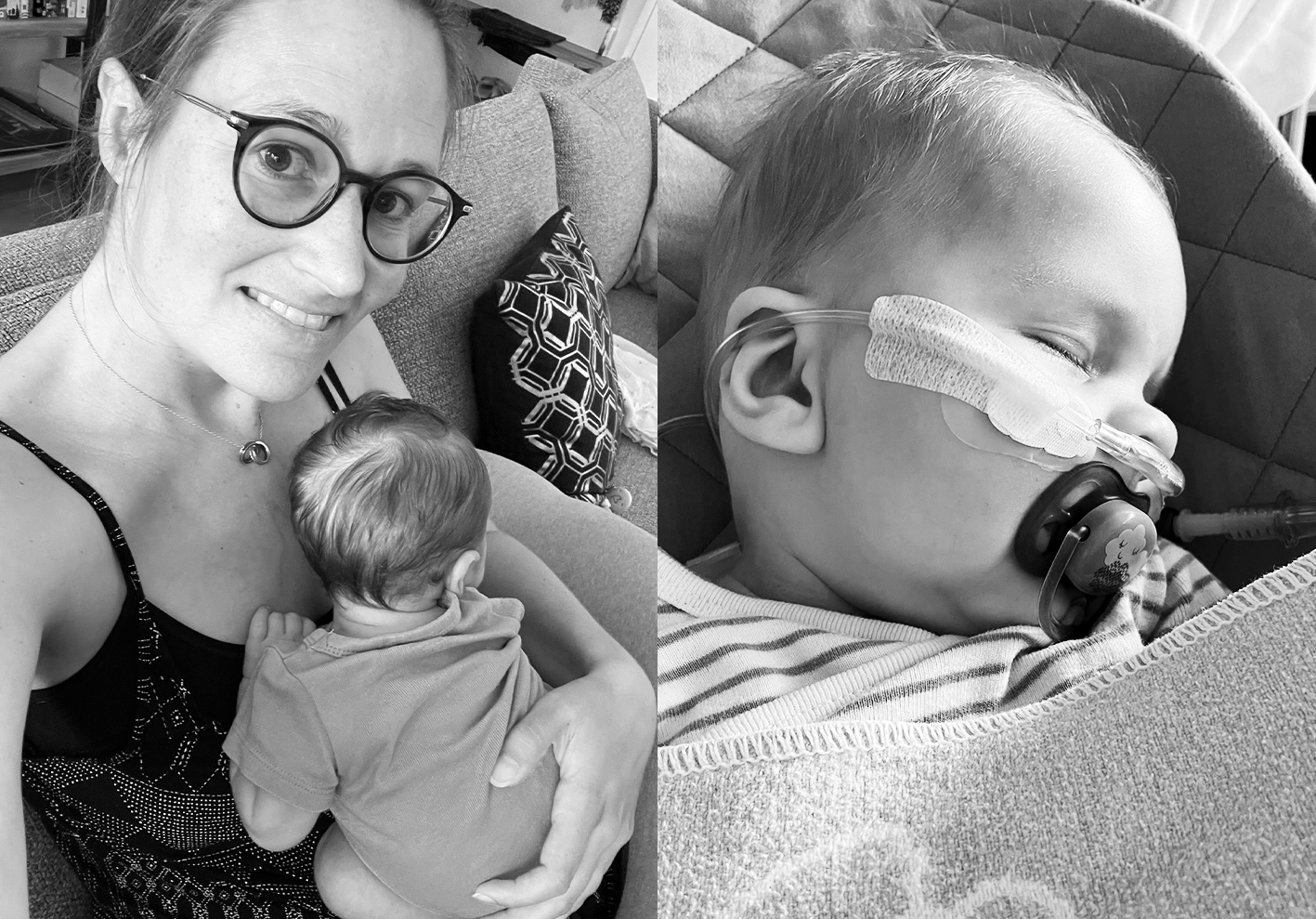













Share this article